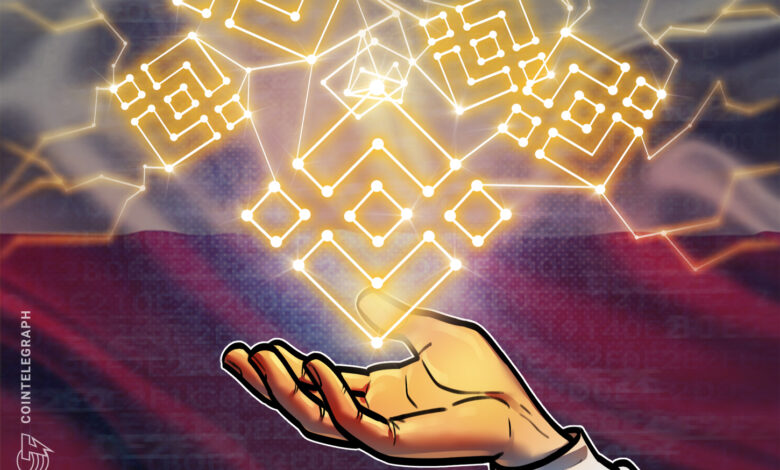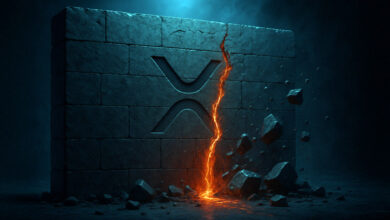Binance upgrades proof-of-reserves verification to include zk-SNARKs

On Feb 10, cryptocurrency exchange Binance announced a major upgrade to its proof-of-reserves verification system, saying it would now incorporate zk-SNARKs — a cutting-edge technology Binance reports will allow it to verify its reserves in a more secure, transparent manner.
3. Product and Service. Plus transparency.
The #Binance Proof of Reserve system has now integrated with zk-SNARK, a zero-knowledge verification method.
It will also be made open source. We hope this would help the entire industry benefit. https://t.co/ijVVeF8iFT
— CZ Binance (@cz_binance) February 10, 2023
After the collapse of FTX in 2022, proof-of-reserves verification became a crucial aspect of the cryptocurrency industry, as it helps confirm that exchanges hold the assets they claim to have. Binance was among the first exchanges to adopt the system, initially using traditional cryptography. However, its recent upgrade to include zk-SNARKs should significantly improve the security and transparency of the verification process.
Binance CEO Changpeng Zhao stated that the zk-SNARKs upgrade, which was initially suggested by Ethereum founder Vitalik Buterin, will provide “more privacy and security.” According to him, “This is an important step forward in PoR technology. Anyone in the industry can take advantage of our open-source PoR system so that we can provide all users with the assurance they need to feel SAFU.”
Zk-SNARKs, short for “zero-knowledge Succinct non-interactive argument of knowledge,” is a cryptographic technique that allows one party to prove to another that they have a certain amount of assets, without revealing any other information. This supposedly makes it a better solution for verifying Binance’s reserves, as it allows the exchange to prove the existence of its assets while keeping sensitive information confidential.
Related: Binance holds token collateral and user funds on same wallet by ‘mistake’
Binance — along with other prominent exchanges such as Crypto.com, Bybit and OKX — implemented a Merkle-tree-based proof-of-reserves system to increase transparency in the aftermath of the FTX crisis. Despite this effort, some experts remain skeptical about the system’s effectiveness.
In an interview with The Wall Street Journal, the acting chief accountant of the Securities and Exchange Commission, Paul Munter, expressed concerns that proof-of-reserve reports do not provide sufficient evidence for stakeholders to determine a company’s financial stability. Despite these criticisms, Binance and other exchanges continue to push forward with their commitment to improving transparency in the crypto industry.





